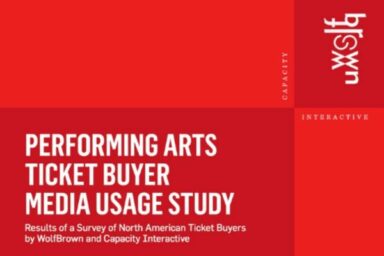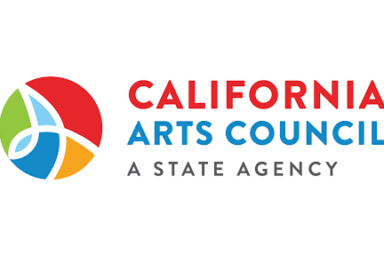Americans for the Arts has published The Teaching Artist Companion to Aesthetic Perspectives: Attributes of Excellence in Arts for Change. The publication was developed by Animating Democracy, a program of Americans for the Arts, in collaboration with WolfBrown.
The Teaching Artist Companion, written by Dr. Dennie Palmer Wolf and Jeannette Rodríguez Píneda with contributing teaching artists, shares how teaching artists, and the programs and institutions that support them, embody and activate the values in the Aesthetic Perspectives framework.
Teaching artists are engaging a next generation in making art as a way to ask questions, imagine new possibilities, and promote action for positive change in their communities. Such “Arts for Change” requires teaching artists to develop cultural comhttps://wolfbrown.local/wp-content/uploads/Milestones-and-Bridges-600-X-400-1-3.pngncies, responsive teaching strategies, and skills in community-based and socially engaged artistic practices. It also calls for a shared language for describing this work that enables others—who may be new to its values and strategies—to understand and assess it fully and fairly.
The Aesthetic Perspectives framework describes 11 attributes that heighten the potency and effectiveness of Arts for Change—creative work at the intersection of community development, civic engagement, and social change. Attributes such as cultural integrity, communal meaning, disruption, and risk-taking provide a lens to understand what is distinctive about Arts for Change as an approach to teaching and learning. The framework was developed by artists and allied funders and evaluators who participated in the 2014–2015 Evaluation Learning Lab led by Animating Democracy.
The Companion offers:
- Examples of creative projects with youth implemented by teaching artists working in Queens, New York that describe Arts for Change intent, on-the-ground practice, the aesthetic attributes in play, and questions to guide teaching artists’ practice.
- Examples of the work of program designers, organization leaders, and evaluators who support teaching artists working in the arena of Arts for Change.
- An observation rubric for assessing processes and quality practices that promote student growth, contribute to effectiveness in teaching artistry, and programs focusing on Arts for Change.
The Teaching Artist Companion supports artists who work with youth in K–12 programs in and out of school and the institutional leaders who support their work. It also informs funders, researchers, evaluators, and policymakers in the field of creative youth development.




